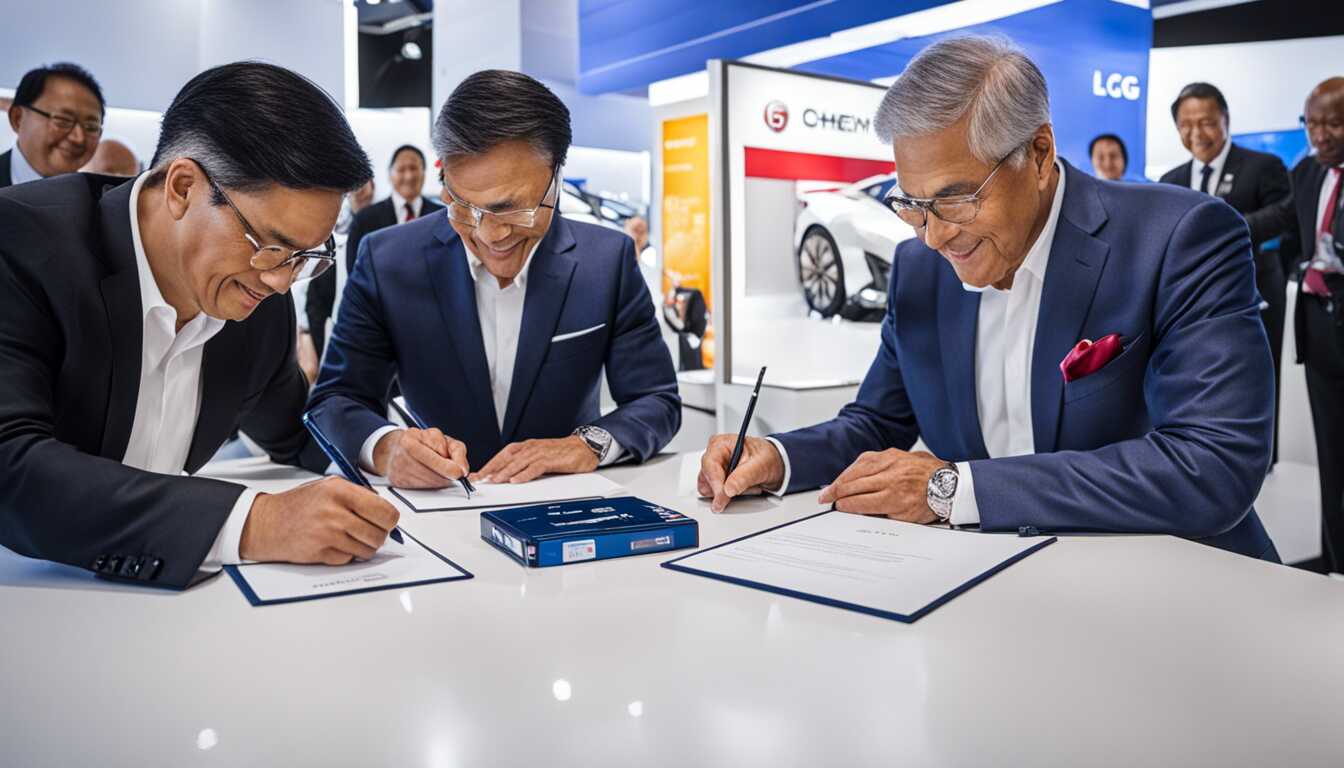
General Motors Signs $19 Billion Deal with LG Chem for EV Battery Materials

General Motors and LG Chem have announced a groundbreaking deal, outlining a $19 billion expenditure over the next decade for sourcing crucial materials for electric vehicle (EV) batteries. The long-term contract with LG Chem involves the supply of over 500,000 tons of cathode materials, including nickel, cobalt, manganese, and aluminum, from 2026 through 2035.
Significance of the deal
These materials will be used to power approximately five million units of EVs with a range of over 300 miles. The cathode materials will be provided by an LG plant currently being constructed in Tennessee to GM's joint venture battery cell plants in North America, including three joint venture plants with an LG spinoff called Ultium Cells.
Extension of agreement
The partnership, which was originally announced in July 2022, lacked details regarding price and production location. However, the agreement was extended for an additional five years, with the original expiration date set for 2030. This move indicates GM's commitment to adapting its plans to the slower-than-anticipated adoption of EVs, a trend observed across the industry.
GM's Commitment to EV Production
Jeff Morrison, GM's vice president of global purchasing and supply chain, emphasized that the contract solidifies GM's dedication to establishing a robust and sustainable battery EV supply chain to support the increasing demand for EV production. The agreement with LG Chem is expected to be one of the largest, if not the largest, EV supply deals that GM has signed, underscoring the company's commitment to the EV market.
Industry Shift Towards EVs
The slower-than-expected adoption of EVs has prompted automakers, including GM, to reassess their strategies and adjust their plans for the future. In light of these developments, LG Chem aims to strengthen its collaboration with GM in the North American market through this significant deal.
Impact on Automotive Technology
As part of the ongoing shift towards EVs, this partnership underlines the pivotal role that battery materials and supply chains will play in shaping the future of automotive technology. This announcement marks a pivotal moment in the development of sustainable and efficient EV batteries, with significant implications for the broader automotive industry.
Share news















